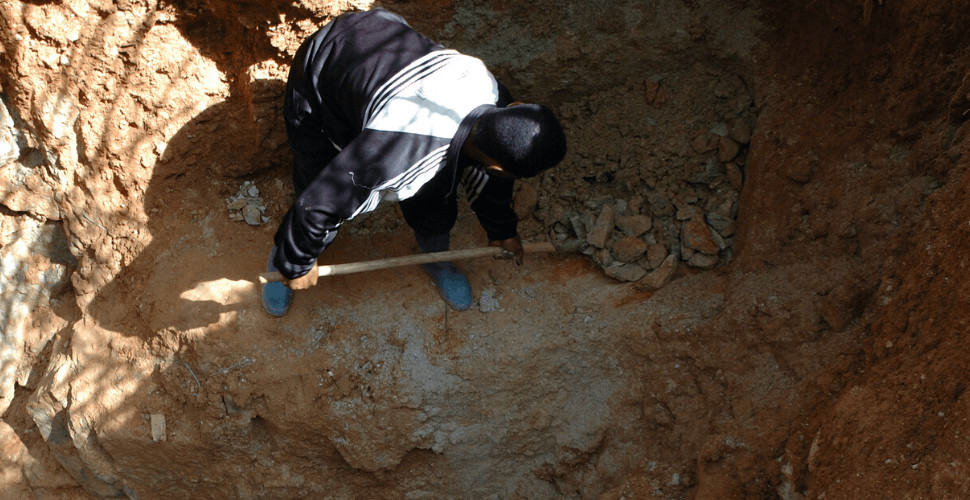Five of the world’s biggest tech firms have been implicated in the death and serious injury of children working in cobalt mines in the Democratic Republic of the Congo (DRC). Apple, Google, Dell, Microsoft, and Tesla are all named as defendants in the historic legal case, which was launched this month by a group of Congolese families whose children were affected.
The lawsuit was filed in Washington, DC by the human rights firm International Rights Advocates on behalf of 14 parents and children from the DRC. The tech companies stand accused of aiding and abetting the death and injury of children forced to work in cobalt mines in their supply chains. None of the companies have ever faced such a legal challenge.
The Guardian reports:
In the court documents, the Congolese families describe how their children were driven by extreme poverty to seek work in large mining sites, where they claim they were paid as little as $2 (£1.50) a day for backbreaking and dangerous work digging for cobalt rocks with primitive tools in dark, underground tunnels.
The families claim that some of the children were killed in tunnel collapses while others were paralysed or suffered life-changing injuries from accidents.
Other families included in the claim say that their children were killed in tunnel collapses or suffered serious injuries such as smashed limbs and broken spines while crawling through tunnels or carrying heavy loads. The families say that none were paid any compensation for the deaths and injuries.
The plaintiffs claim that the companies had “specific knowledge” of the abuses and continued to knowingly partner with mining firms linked to child labor in the DRC. Some of their children worked at mines owned by the UK mining firm Glencore, which sells to the tech giants via the Belgian metal trader Umicore. Others worked at mines owned by the Chinese cobalt firm Zhejian Huayou Cobalt, which the lawsuit claims directly supplies the defendants.
The lawsuit alleges that the implicated tech firms all have the ability and resources to adequately assess their cobalt supply chains to avoid such partnerships, and that their inaction contributed to the deaths and injuries suffered by their clients. In response to the allegations, Apple, Microsoft, Dell, and Glencore reaffirmed their commitment to eradicating forced labor and child labor in their supply chains. Huayou, Google, and Tesla have yet to comment.
Cobalt is an essential element of the rechargeable lithium batteries found in smartphones, tablets, and laptops sold by the implicated tech firms. As the world’s voracious appetite for consumer electronics continues to grow, so too does the demand for cobalt—the latter has tripled in the past five years and is predicted to double in the next year. But as more than 60% of cobalt is mined in the DRC, major questions remain around how to ensure this growth does not fuel child labor in its mines.







Freedom United is interested in hearing from our community and welcomes relevant, informed comments, advice, and insights that advance the conversation around our campaigns and advocacy. We value inclusivity and respect within our community. To be approved, your comments should be civil.
Cruel Cruel world.